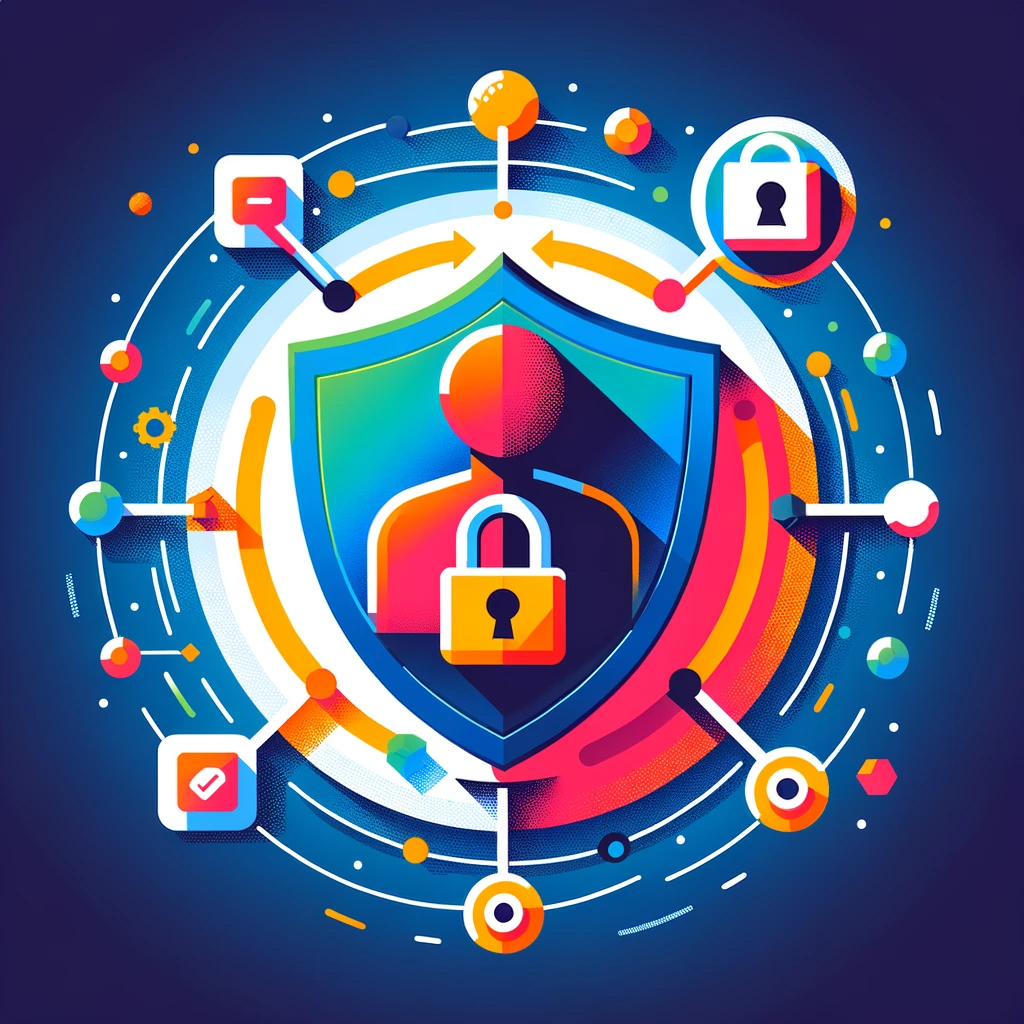Web 3.0 is a new era in data privacy where users have control over their data, unlike in Web 2.0 where data was centralized and used without transparency or user consent. Web 3.0 embraces decentralization and self-sovereign identity (SSI), enabling users to own and control their data and decide what to share and with whom. Decentralized networks make it nearly impossible for any single entity to control the data, and users can receive direct compensation for its value. Self-sovereign identity (SSI) enables users to securely store verified credentials and share them on a need-to-know basis, granting granular control over identity and minimizing the risk of data breaches. However, Web 3.0 faces challenges such as scalability, interoperability, and user adoption, and regulatory frameworks need adaptation to balance individual data control with societal interests. Collaboration among regulators, developers, and civil society is essential to navigate these challenges and ensure responsible innovation. The ethical evolution of Web 3.0 depends on establishing clear guidelines and best practices for data privacy and security, prioritizing individual rights while fostering innovation. Initiatives like Solid and the advocacy of privacy experts like Bruce Schneier can pave the way for a future where privacy and security are integral to the internet’s evolution.
